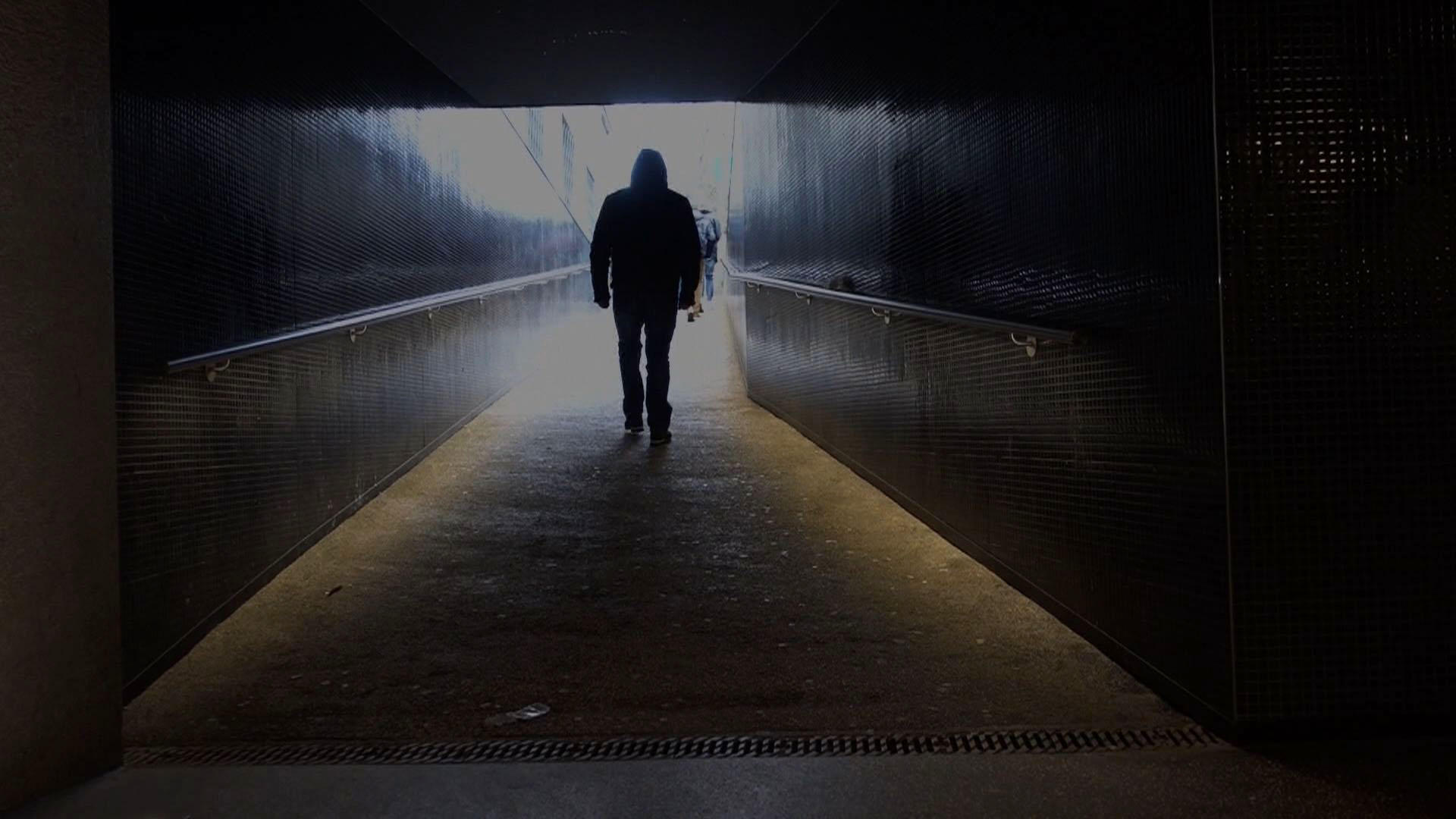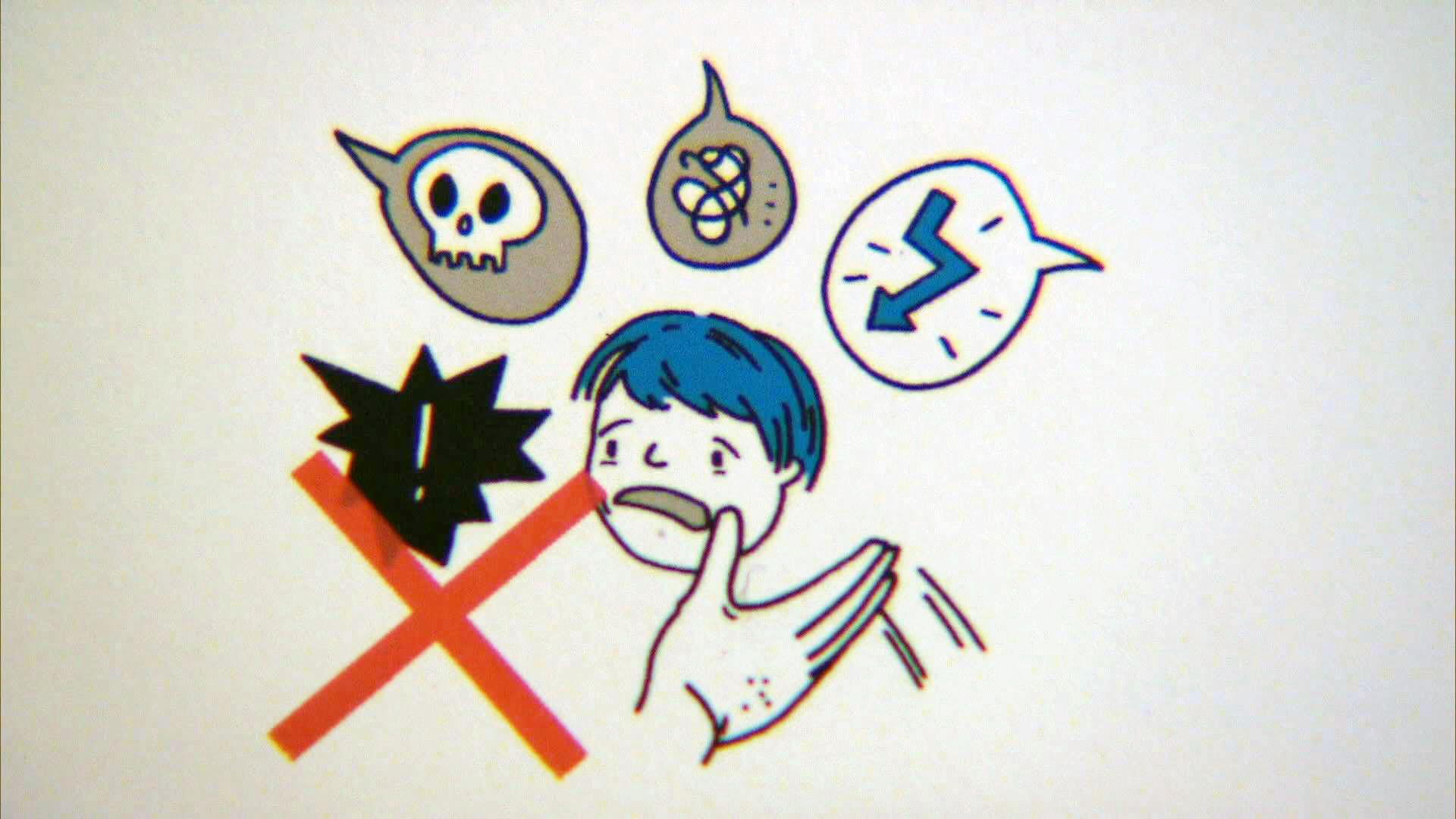Sending rejected asylum seekers home
When a request for asylum is rejected, the applicant is supposed to leave the country straight away. Not everybody does, and there are vast differences in how the cantons deal with this. (SRF/swissinfo.ch)
In Renens in canton Vaud, around 100 rejected asylum seekers have been camping for months. When it comes to deporting rejected asylum seekers, Vaud is the most lax canton, followed by Geneva, Schaffhausen and Zug. Nine cantons are relatively strict. But the cantons of Aargau, Graubünden, Lucerne, St Gallen, Ticino, Thurgau and Valais are stricter than the average.
The Vaud government claims that it is being very strict with criminal asylum seekers. With non-criminals, however, it wants to take a different approach, which is to convince people to return of their own accord, by providing them with some financial aid, rather than forcing them out. This method, according to the Vaud government, is more cost-effective and increases the chance of people staying in their home countries.
Graubünden’s approach is quite different. This canton reacts quickly when rejected asylum seekers don’t leave straight away. People who are ordered to return to another Dublin agreement country, such as Italy, end up in the Graubünden deportation prison if they refuse to leave. All others are brought to a remote place in Valzeina, an unwelcoming location, with nothing but shelter, food and some clothing.


You can find an overview of ongoing debates with our journalists here. Please join us!
If you want to start a conversation about a topic raised in this article or want to report factual errors, email us at english@swissinfo.ch.